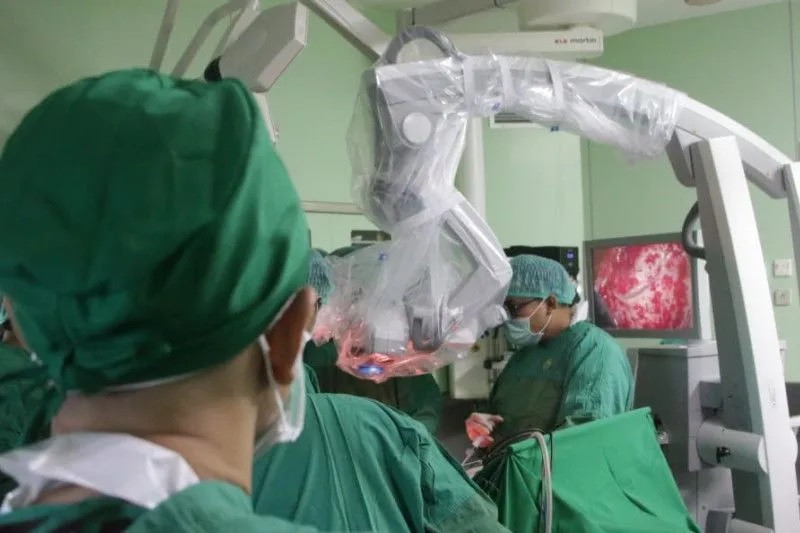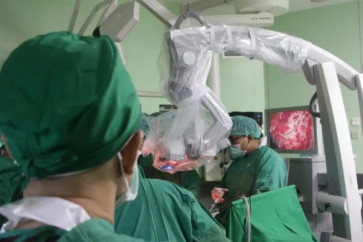Popular Reads
Top Results
Can't find what you're looking for?
View all search resultsPopular Reads
Top Results
Can't find what you're looking for?
View all search resultsMedical collegia, professionalism and the threat of an overreaching state
The autonomy of medical collegia is vital for maintaining professional standards to ensure the delivery of reliable, quality health services in Indonesia.
Change text size
Gift Premium Articles
to Anyone
W
henever a physician steps into an operating room to perform a medical procedure, society trusts them with confidence, believing they have completed years of thorough education, rigorous hands-on training and fair evaluation. This trust isn't arbitrary, it is underpinned by a system of professional quality assurance that, though often overlooked, plays a vital behind-the-scenes role: the collegium.
For many years, Indonesian collegia have functioned as critical institutions, safeguarding the integrity and competence of medical professionals. These are academic and scientific bodies formed by peer groups within each medical specialty to establish and maintain competency benchmarks.
Yet this essential mechanism now faces an existential threat from recent policy changes, specifically Health Law No. 17/2023 and Government Regulation No. 28/2024, which significantly curtail the autonomy of collegia and could lead to their eventual absorption into government bureaucracy.
A collegium serves as a professional consortium of medical experts tasked with shaping specialized education, defining competency standards, managing national certification processes and accrediting teaching hospitals. In Indonesia, numerous collegiums represent various medical branches such as internal medicine, surgery and pediatrics.
These bodies operate in tandem with the Indonesian Medical Council (KKI), which is legally mandated to protect the public by upholding professional standards. This cooperative structure ensures a balance: The government oversees systems while the profession upholds quality.
However, with the enactment of the 2023 Health Law, this balance has shifted drastically. Collegia are no longer formally recognized as independent institutions. Instead, they have been repositioned under the direct authority of the Health Ministry, their members appointed by the minister. This is not merely an organizational adjustment; it represents a fundamental power shift that threatens the profession’s academic independence.
Deprofessionalization occurs when a profession loses the ability to govern itself, particularly the capacity to set, monitor and enforce its own standards. When such responsibilities are transferred to political entities instead of being managed by qualified experts, the profession risks becoming a tool of control rather than a guardian of competence.



















